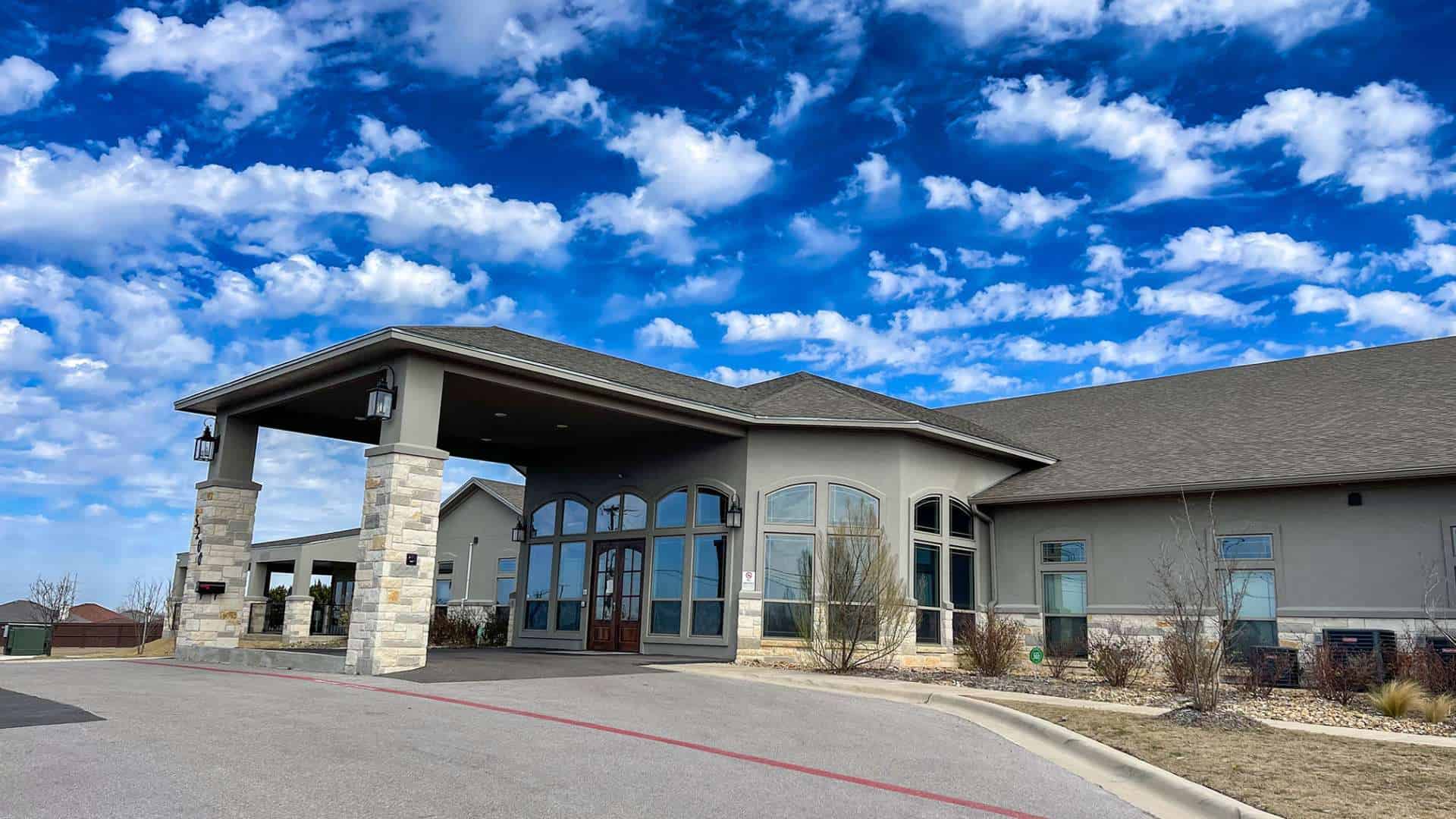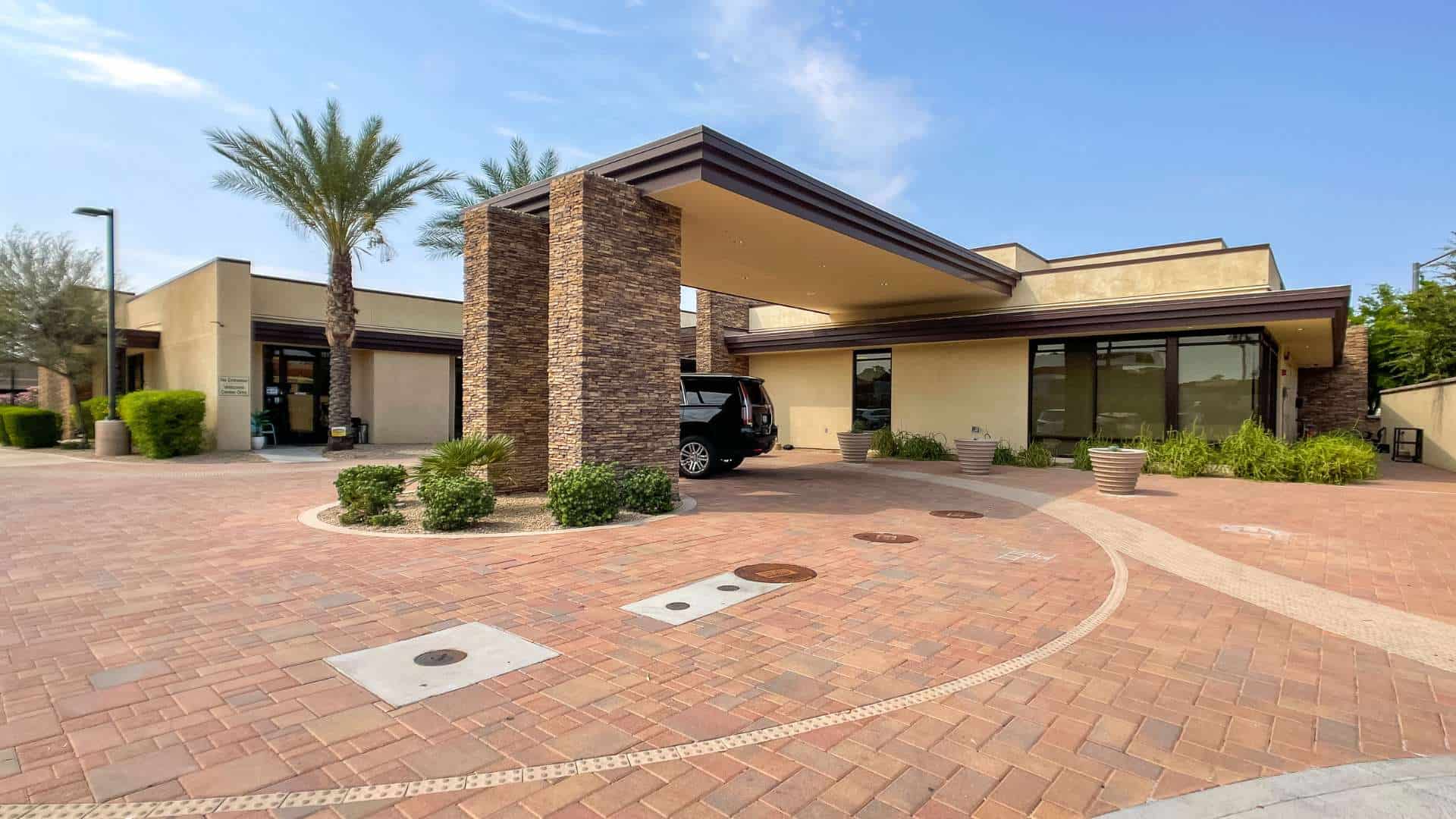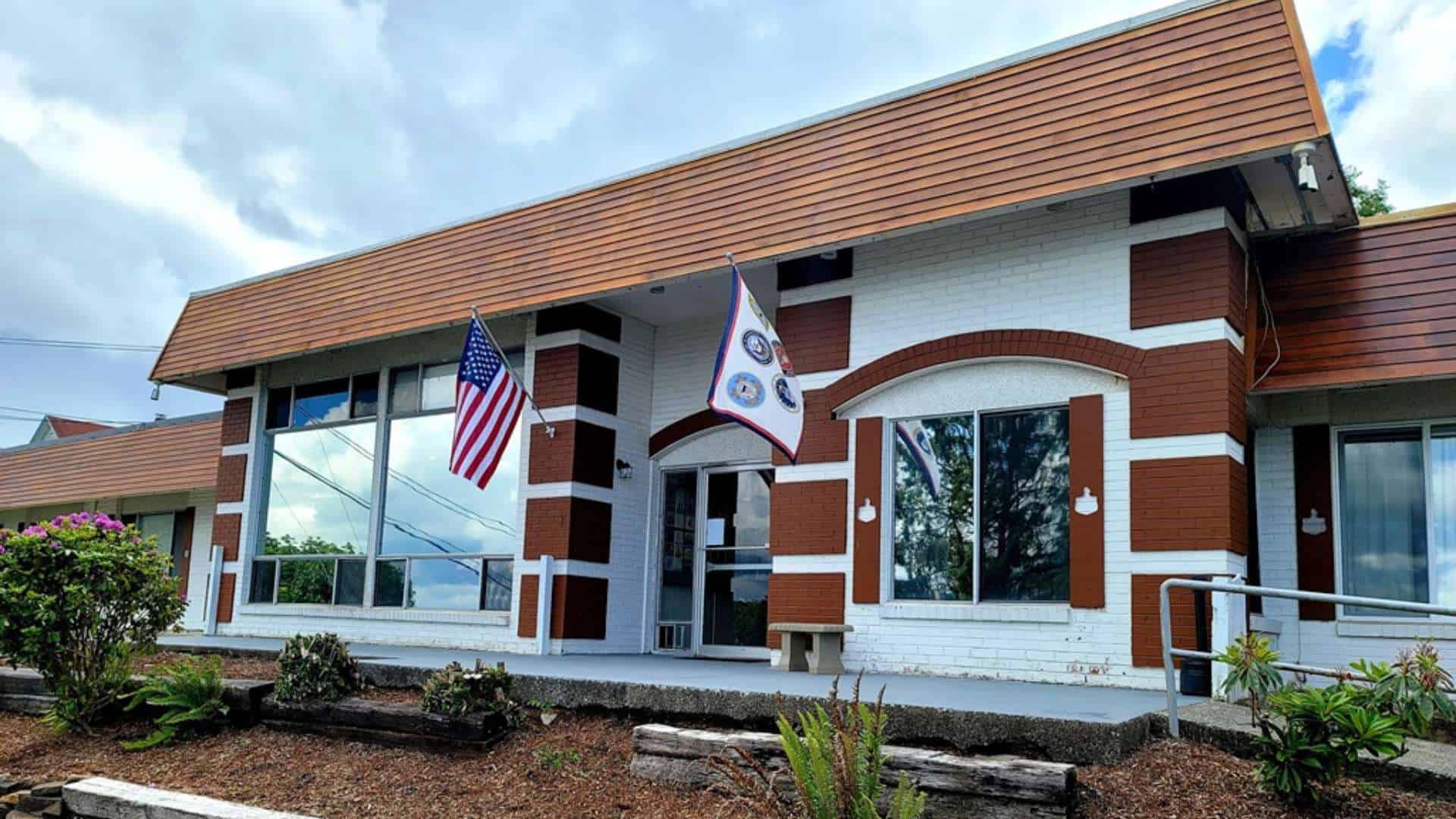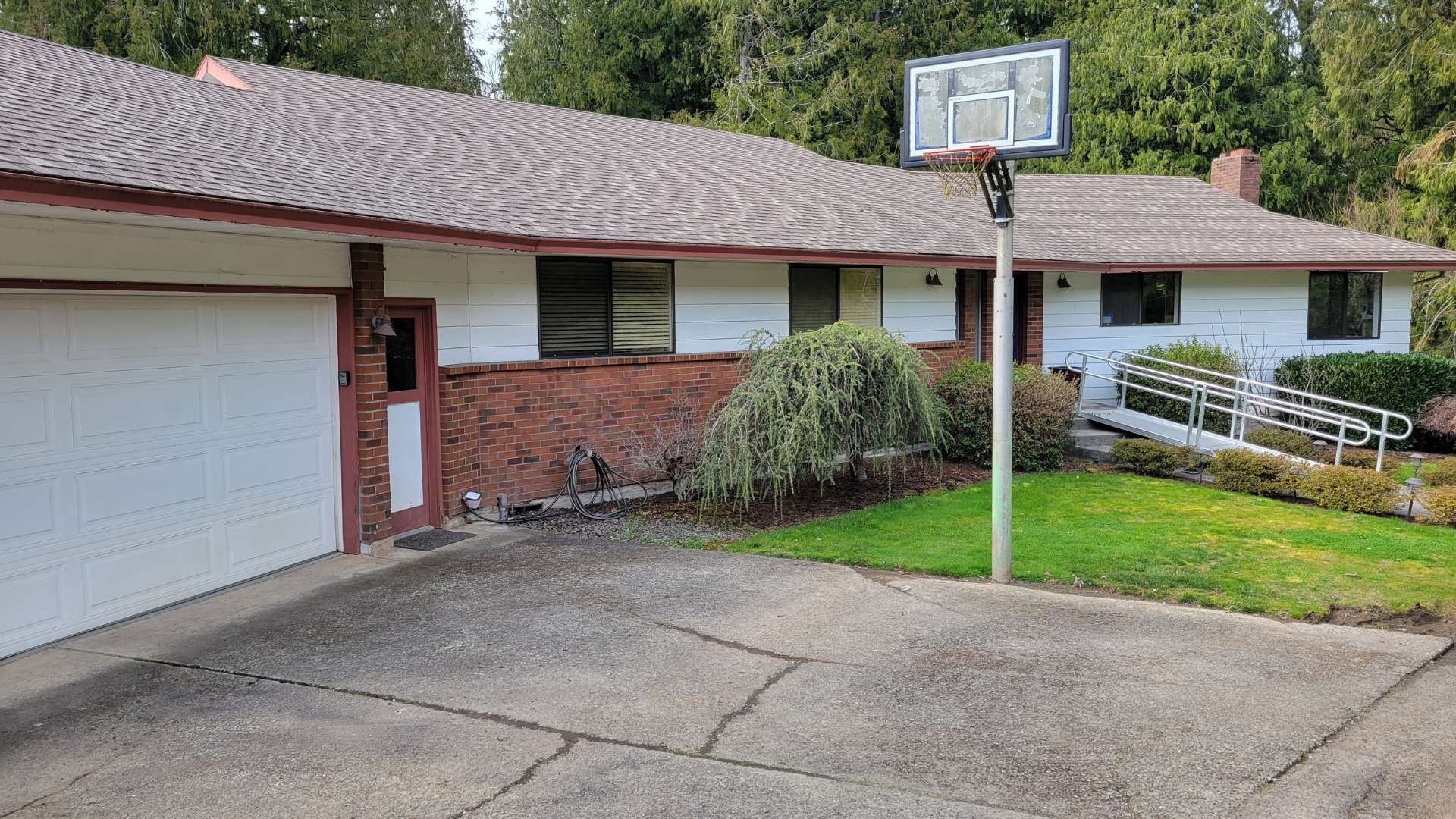What Is an Intensive Outpatient Program?
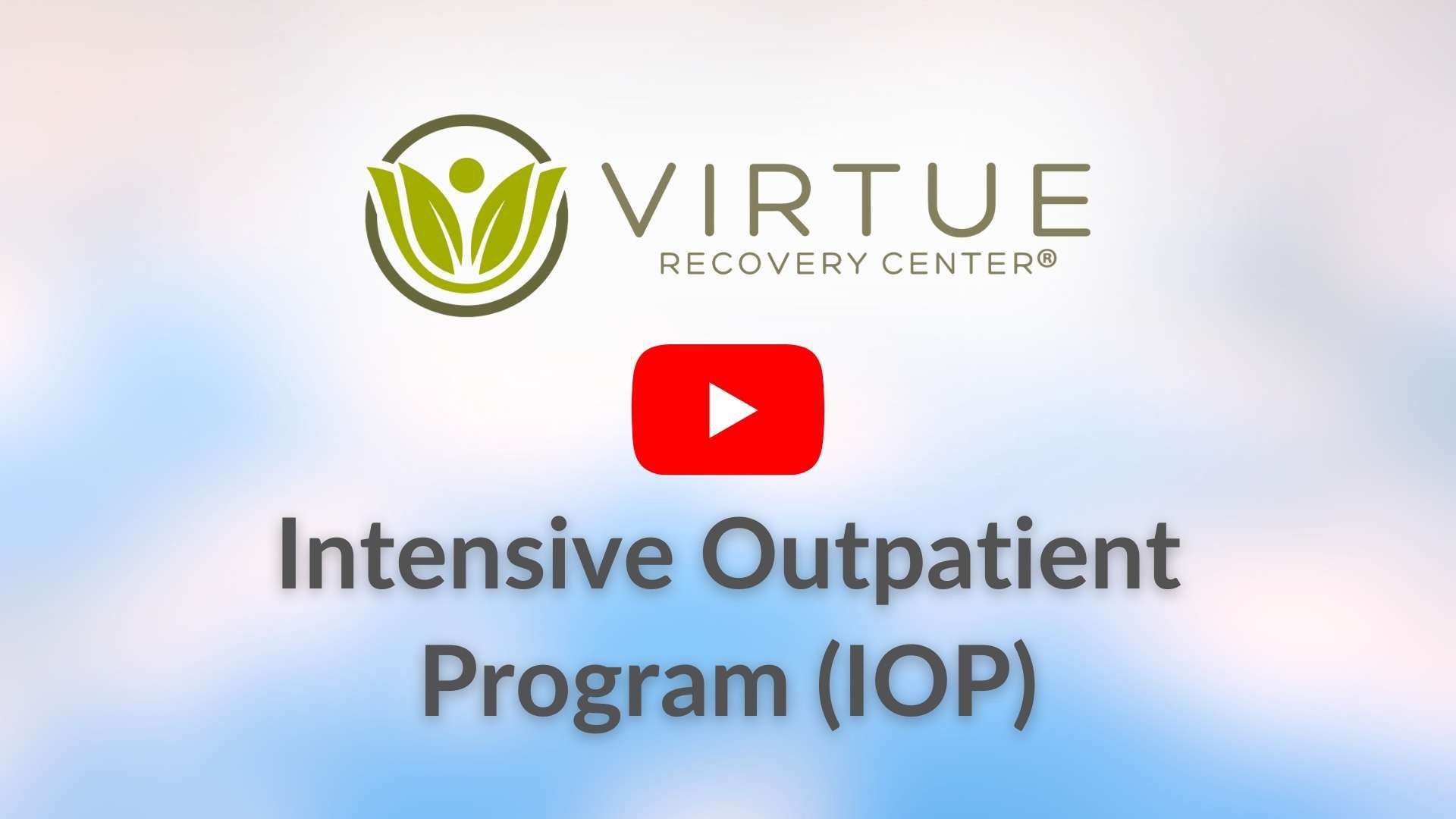
An intensive outpatient program (IOP) is a type of treatment program that provides a structured and intensive level of care for individuals with mental health or substance use disorders. IOPs are often used as a step down from a more intensive level of care, allowing patients to live at home while undergoing treatment.
Intensive outpatient programs typically involve several hours of therapy and other therapeutic activities each day, several days a week, for several weeks to several months. The exact schedule and duration of the program may vary depending on your specific needs and the program's approach.
IOPs offer various services, including individual therapy, group therapy, family therapy, medication management, psychoeducation, and support groups. Those participating in IOP programs can go about their daily lives but require more structure and support for their addiction recovery than outpatient therapy alone. An IOP aims to provide the skills, tools, and support needed to manage symptoms and improve overall functioning.
Do Intensive Outpatient Programs (IOP) Offer Substance Abuse Treatment?
Yes, intensive outpatient programs (IOPs) commonly offer substance abuse treatment as one of their services. In fact, substance abuse treatment is one of the most common reasons individuals seek out IOPs. Intensive outpatient program substance abuse services typically involve a combination of individual, family, and group psychotherapy, medication management, and other support.
The focus of treatment is to help individuals overcome their substance use disorder by providing them with the tools and skills they need to manage their cravings, avoid relapse, and develop a healthy, sober lifestyle. The duration and intensity of treatment will vary from program to program and according to your needs. However, most programs require several hours of therapy a day, several days per week, for several weeks to several months.
Do Intensive Outpatient Programs Offer Mental Health Treatment?
Yes, mental health treatment is frequently provided as one of the services in intensive outpatient programs (IOPs). IOPs are commonly used to treat a range of mental health disorders, including post-traumatic stress disorder (PTSD), anxiety, bipolar disorder, and depression. In addition, individual and group therapy, medication management, and related are frequently included in intensive outpatient program mental health services.
IOPs for mental health may also include family counseling or related to strengthen bonds with loved ones and other support networks. Depending on your requirements, the length and intensity of IOP treatment will vary. The goal of treatment is to assist in managing symptoms, enhancing general functioning, and acquiring effective coping mechanisms.
What is the Intensive Outpatient Program Admissions Process?
Intensive outpatient program (IOP) admittance procedures may vary from program to program and program to program. Therefore, to learn more about the program’s particular admissions procedure, it’s advised to contact them directly. Nevertheless, the following general steps are usually part of an IOP admissions process:
- Initial Assessment: An initial assessment is the first stage in the admissions procedure to ascertain whether the IOP suits your needs. Examining your medical and psychiatric history, drug use history, and current mental health and substance use symptoms may also be part of this, which may require a phone or in-person interview.
- Insurance Verification: Verifying insurance coverage and determining whether your insurance plan covers the IOP come next. This can entail contacting the insurance provider and informing them of the program, which a healthcare provider, like Virtue Recovery Center, can do for you.
- Intake Appointment: You’ll typically be booked for an intake visit once the initial examination is over and insurance coverage is confirmed. You’ll complete paperwork at this session, including consent forms and treatment agreements. You may also be asked to give a blood or urine sample for a drug test.
- Treatment Planning: Following the intake appointment, you will meet with a therapist orcounselor to create a customized treatment plan that considers your unique needs and objectives. This strategy may involve medication management, family counseling, group therapy, individual cognitive behavioral therapy (CBT), and other services as necessary.
- Program Orientation: You’ll go through a program orientation explaining the program’s structure and expectations and the services and recovery support available.
- Treatment: Attending the IOP sessions on time and engaging in the suggested therapies and treatments is the last stage in the admissions process.
Frequently Asked Questions (FAQ)
Yes. Intensive outpatient programs (IOPs) for eating disorders are specialized programs that focus on treating anorexia, bulimia, binge eating disorder, and other related conditions. Intensive outpatient program eating disorders services typically involve a combination of individual and group therapy, nutritional counseling, and other supportive services.
The focus of IOPs for eating disorders is to help individuals restore a healthy relationship with food, manage their symptoms, and develop healthy coping skills.
The length of rehabilitation programs vary based on individual needs and the severity of the addiction. Below are some typical recovery treatment timeframes.
Short-term rehab programs
Short-term drug and alcohol rehab is a fast-paced, intensive treatment program for substance abuse, typically lasting up to 30 days, designed to provide immediate intervention and a foundation for ongoing recovery.
Learn more: Short-Term Inpatient Drug and Alcohol Rehab Programs Near Me
30-day rehab programs
A 30-day substance addiction rehab is an intensive, short-term treatment program for substance abuse, designed to provide immediate crisis intervention and a foundation for long-term recovery.
Learn more: 28-Day / 30-Day (1 Month) Inpatient Drug and Alcohol Rehab Programs Near Me
Long-term rehab programs
Long-term drug and alcohol addiction rehab is a comprehensive treatment program for substance abuse, typically lasting several months to a year, designed to provide sustained therapeutic support and life skills training for lasting recovery.
Learn more: Long-Term Inpatient Drug and Alcohol Rehab Programs Near Me
60-day rehab programs
A 60-day substance abuse rehab is an extended treatment program for substance abuse, providing comprehensive therapy and support to foster sustained recovery and prevent relapse.
Learn more: 60-Day (2-Month) Inpatient Drug and Alcohol Addiction Rehab Centers Near Me
90-day rehab programs
A 90-day alcohol and drug rehab is a long-term, intensive treatment program for substance abuse, designed to provide in-depth therapy and support to help individuals achieve lasting recovery.
Learn more: 90-Day (3-Month) Inpatient Drug and Alcohol Rehab Programs Near Me
Virtue Recovery Center’s Intensive Inpatient Program includes a variety of therapies and activities designed to support recovery. These encompass individual and group psychotherapy, behavioral therapies such as Cognitive Behavioral Therapy (CBT) and Dialectical Behavior Therapy (DBT), and medication management. Holistic treatments like yoga or meditation are also part of the program, alongside recreational activities that promote physical well-being and mental relaxation. The goal is to offer a well-rounded treatment approach that addresses all aspects of a patient’s health.
Yes, family members can participate in the recovery process at Virtue Recovery Center. The program recognizes the importance of family involvement in the healing journey and offers family therapy as a key component of treatment. This approach helps improve communication, resolve conflicts, and strengthen the support system around the patient. Family members are encouraged to be involved and can receive guidance and support from the center to better understand addiction and mental health issues, contributing positively to their loved one’s recovery.
Yes, a lot of intensive outpatient programs (IOPs) provide dual diagnosis treatment or care for people who have both substance use and mental health disorders concurrently. In IOPs for co-occurring disorders, a multidisciplinary team of experts, including psychiatrists, psychologists, addiction specialists, and other healthcare providers, collaborate to deliver comprehensive care.
The focus of dual diagnosis treatment in an IOP is to help manage symptoms, reduce substance use, and develop healthy coping skills.
- Whether insurance covers intensive outpatient programs (IOPs) depends on your insurance policy and the specific program being considered. In general, many insurance plans cover IOPs as a form of mental health or substance abuse treatment. Some may also offer financial assistance or work with you to develop payment plans or explore other options for covering treatment costs. Under the Affordable Care Act (ACA), insurance plans are required to cover mental health and substance abuse treatment as essential health benefits.1 However, the specifics of coverage can vary widely between plans, and there may be limits or exclusions on the number of visits or the types of services covered.
The cost of an intensive outpatient program (IOP) can vary widely depending on the location, the type of program, the services rendered, and the length of treatment. On average, intensive outpatient programs cost between $2,000 to $5,000, while some facilities may charge up to $10,000 for a three-month treatment program. The cost of an IOP may be significantly lower than the cost of inpatient or residential treatment, as IOPs typically do not require room and board or other living expenses. Additionally, IOPs may offer greater flexibility in scheduling, and you may be able to continue working or attending school while receiving treatment nearby.
Treatment Programs
Admission
"*" indicates required fields








